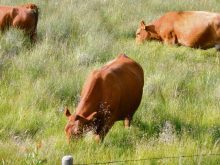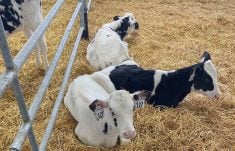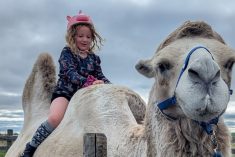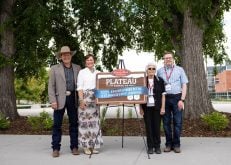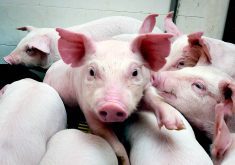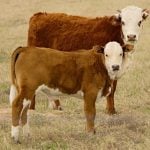This summer’s drought conditions haven’t affected the number of calls to Alberta Farm Animal Care’s Alert Line, but that could change as the weather worsens this winter.
“I haven’t seen a huge jump in calls yet, but I think we’re going to be seeing some issues with feed and body condition after this drought,” said Annemarie Pedersen, executive director of Alberta Farm Animal Care (AFAC).
“Usually it’s in the middle of winter or into early spring that feed levels can be more challenging, so people get concerned during those time periods. But I think people are working really hard to get feed and to make sure the animals are being fed, so we’re not getting a lot of those calls at this point.”
Read Also
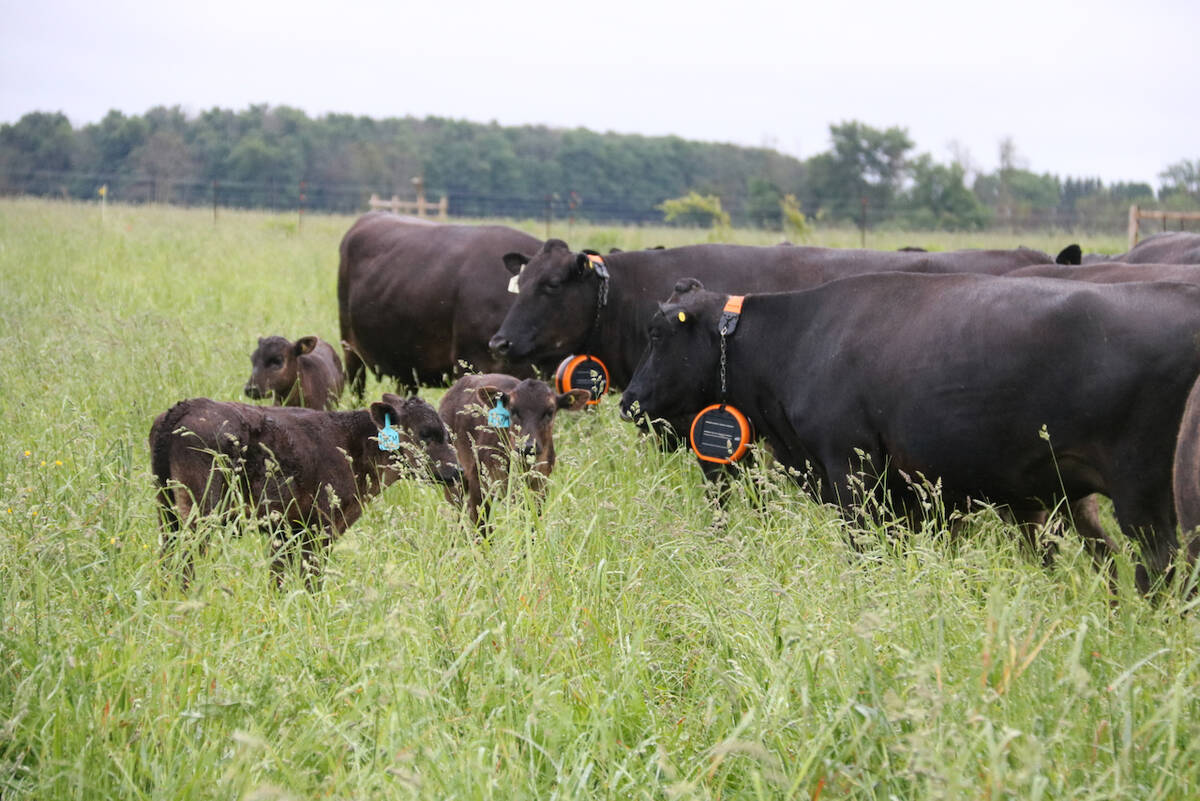
How soil fertility management can boost pasture yield by 43 per cent
Learn how soil testing and targeted fertilization can increase pasture biomass by 43%. Expert tips on N, P, and K management for beef cattle producers.
AFAC’s Alert Line was created over a decade ago as a way to address questions and concerns about livestock animal welfare in Alberta. People with questions or concerns can call the line confidentially and connect with a livestock industry expert 24 hours a day, seven days a week.
“Producers helping producers is really the mandate of the Alert Line,” said Pedersen.
“When you’re in a community — especially a rural community — neighbours oftentimes know if someone is having a bit of a hard time. Rather than letting it go until there is an animal welfare situation, we thought of creating this help line that would be part of a network in the community to identify where there might be something happening and look for ways to resolve it.”
Prior to that, there was no stop-gap between going to the neighbour directly or calling the SPCA if an animal was in trouble, she added.
“This is really meant to head that off at the pass. If you’re not comfortable going to your neighbour and saying, ‘I see that you’re struggling,’ this is a way for us to send someone who’s in the industry and whose job it is to help agricultural producers,” said Pedersen.
Usually, the person they send is an agricultural fieldman from the county who may be familiar with the people and the situation.
“We really love working with the counties,” said Pedersen. “It’s a huge benefit to have people in the neighbourhood who are willing to do a quick drive-by and just check in to see how everything is going.”
But not all calls warrant a visit. Of the 137 calls AFAC received between January 2020 and June 2021, 108 were cases, 27 were information calls, and two were to dispatch the Emergency Livestock Handling Trailers, which are equipped with all of the equipment needed if there’s a truck rollover or barn fire.
The line mostly fields calls about livestock at large, which is actually an RCMP issue, as well as about body condition and feed and water availability. But the line also takes these ‘information calls’ from people who aren’t sure whether what they’re seeing is a welfare concern.
“A lot of calls we get are people who just drove down a road, saw something, and called it in,” said Pedersen, adding that their call volumes were down during the pandemic because there were fewer people on the roads.
“Snow on a cow’s back is a real example of people calling in with a concern, and we get a chance to explain how their coats work and that they’re safe and healthy and doing the things they should be doing.
“We can have that conversation with some of those calls, and I think that’s a real opportunity for the Alert Line to be a way for people who aren’t in the sector to connect.”
That’s ultimately the whole point of the line — “to be a way to connect the community.”
“We just work with the community to make sure the animals are cared for and the people have the support they need,” said Pedersen.
“That’s really what the Alert Line is meant to be — not judgmental, not enforcement based. It really is meant to be producers helping producers at the end of the day.”
Given the drought and the lack of available feed, those calls may increase through the winter and spring, the time of year when cows are already looking a little thin.
“We’re going into what could be a really challenging winter for people with the drought and feed shortages,” she said.
“In this ag sector, it’s really hard to put your hand up and say, ‘I need help.’ The Alert Line really is a tool that allows people to get help if they need it.
“I hope people will call us if they’re having a problem themselves or if their neighbours are struggling. The whole purpose of it is to be a helping hand. We need more of those right now, don’t you think?”



